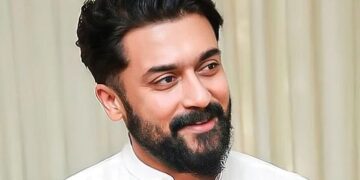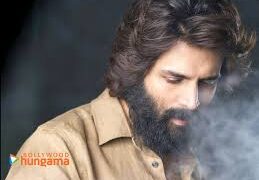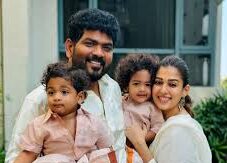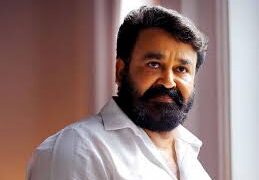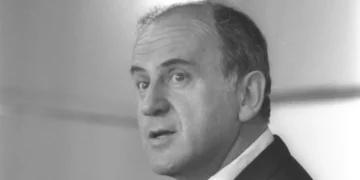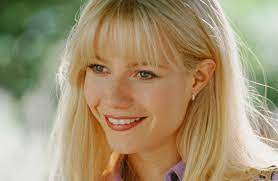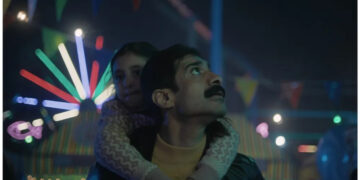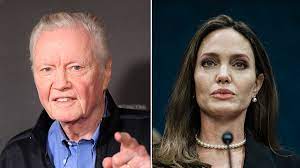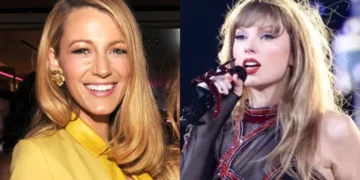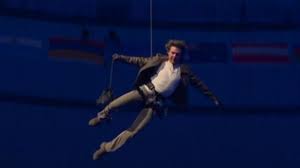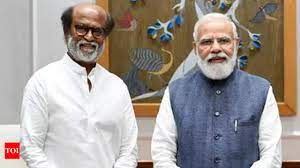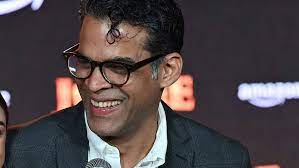In recent developments, several series, including notable titles like Mirzapur, Trial By Fire, and Tandav, have faced legal actions over a myriad of complaints, ranging from defamation to hurting sentiments. This trend has sparked discussions about the challenges faced by filmmakers in navigating legal complexities. Renowned writer, director, and producer Vikramaditya Motwane, known for his works such as Sacred Games and Jubilee, shared his insights on this issue during a conversation at a film festival in Leh.
Motwane acknowledged the challenging landscape, attributing some responsibility to lawyers who often initiate litigation on behalf of their clients. Expressing his frustration, he questioned the necessity of such legal actions, emphasizing the lack of substantial grounds for litigation.
Discussing his latest series, Jubilee, which delves into the socio-political landscape of independent India, Motwane highlighted the importance of using characters to address pertinent issues. He stressed that through authentic character dialogues, viewers can gain diverse perspectives, even if they don’t necessarily agree with them.
Regarding the careful scrutiny of scripts by lawyers to avoid potential controversies, Motwane emphasized the distinction between written words and their cinematic portrayal. He cited instances where objections raised during script reviews were mitigated upon visual presentation, underscoring the need for balance between creative expression and legal considerations.
Reflecting on the evolving censorship dynamics in the streaming industry, Motwane noted the heightened caution exercised by platforms, leading to self-censorship. He contrasted this with the comparatively lenient reception received by Sacred Games upon its initial release, questioning the need for stringent censorship laws.
Looking ahead, Motwane revealed insights into his upcoming project, a prison drama based on the book “Black Warrant: Confessions Of A Tihar Jailer” by Sunil Gupta. While praising the organization of Tihar jail during his recent visit, he clarified that shooting within its premises would not be feasible for the series, set in the 1980s.










